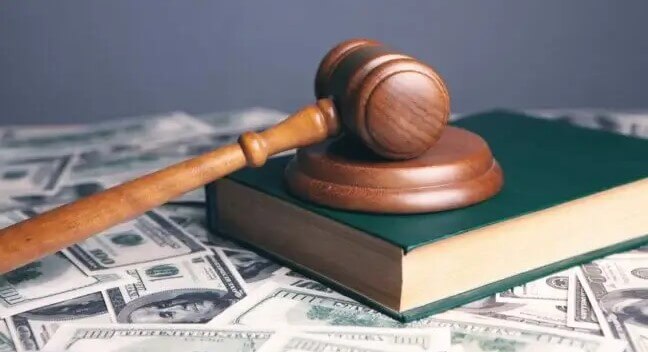Mechanical royalties to rise by 32% for songwriters in the US
Image Credit: Music Business Worldwide
For the last little while, a negotiation in the United States has been ongoing over particular types of mechanical royalty rates paid to songwriters for sales of physical music and downloads, reports Music Business Worldwide.
On May 5th, the groups representing songwriters, music publishers and record labels reached an agreement to settle the negotiation. The mechanical royalty rate that publishers/songwriters receive for purchased music on physical discs or downloads has been 9.1 cents per track since 2006. Now, the settlement proposes a 32% increase to 12 cents per track. Furthermore, songwriter royalties will automatically increase annually – relative to the rate of inflation.
Who pays mechanical royalties?
It’s record companies that pay mechanical royalties to publishers and songwriters in the US. As a result, if the CRB does decide to increase the mechanical rate from 9 cents to 12 cents for physical formats, it’s record companies that will have to pay this out to songwriters. This led to a slight legal issue because the same parent companies that own the three largest music publishers also own the three largest record labels.
Now the Copyright Royalty Board are to consider the agreement. The CRB declined to approve an earlier agreement covering physical sales and downloads because of concerns over “static” rates.
The new motion states: “The new Settlement provides ‘a reasonable basis’ for statutory royalty rates and terms for Subpart B Configurations.
“First, it provides an immediate 32% increase to 12¢ per track for physical phonorecords and permanent downloads and provides for annual inflation-based adjustments for subsequent years of the term.
“This substantial increase and provision for annual adjustments responds to the Judges’ concerns regarding ‘static’ rates.
“Second, it represents the consensus of stakeholders representing the vast majority of the market for “mechanical” rights for Subpart B Configurations, including many of the songwriter groups and representatives who did not support the prior proposed settlement.”
“AS A MUSIC COMMUNITY, WE ARE STRONGEST WHEN WE COME TOGETHER TO FORGE LASTING AND SUSTAINABLE WIN-WIN DEALS.”
Mitch Glazier, RIAA
If you’re trying to find a free digital music distribution service, don’t forget to check out RouteNote. We’ll distribute your music to the world’s largest streaming services and download stores for free and you’ll keep 85% of global revenue.
